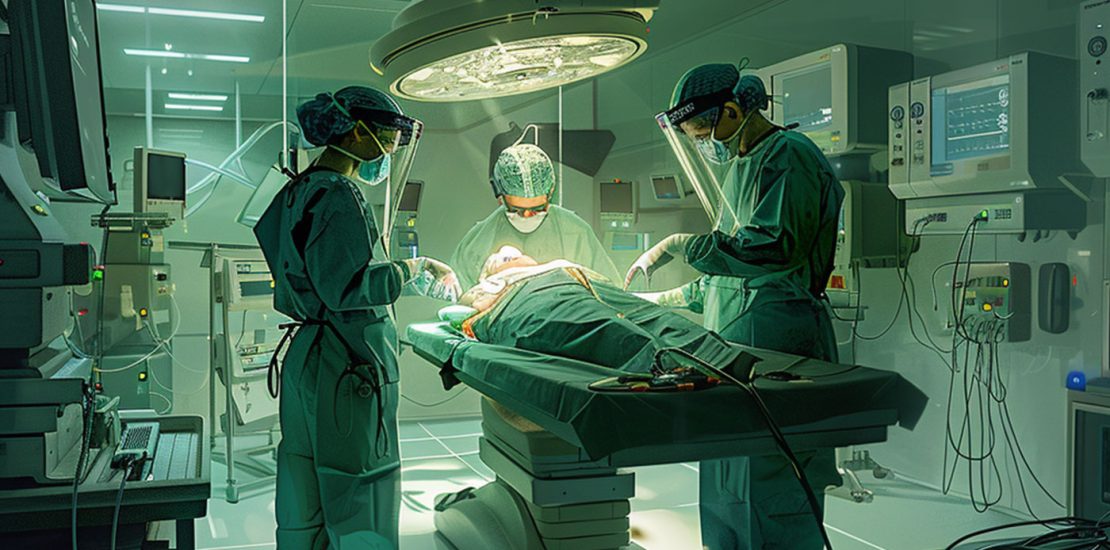In the world of professional translation, specialisation is key to standing out and delivering high-quality services. Choosing a specific field of expertise not only enhances accuracy and relevance but also gives way to more rewarding and lucrative opportunities. Among the many available specialisations, medical sciences stand out due to their significance and the high demand for well-trained translators.
Science and medicine are essential pillars of human progress and well-being. Translation in these fields requires in-depth and up-to-date knowledge of specialised terminology, complex concepts, and strict protocols. Linguists specialising in medical sciences play a key role in spreading knowledge, enabling access to research, technological developments, and medical treatments worldwide. Without precise and well-adapted translations, errors can have serious consequences, from misinterpreting scientific studies to risks in the application of medical treatments.
For instance, translating a research paper on a new drug involves not only mastering medical terminology but also understanding local regulations and clinical trial protocols. This level of precision ensures that healthcare professionals and patients receive accurate and reliable information, which is essential for informed decision-making.
Ongoing professional development is vital, regardless of the chosen specialisation. Any translator should invest in continuous training to keep up with new terminology, scientific breakthroughs, and evolving industry standards. Attending courses, seminars, and conferences, as well as staying updated with the latest publications and research, is crucial to delivering top-tier translation services and remaining competitive in the market.
Óscar Fernández García.
Valladolid, 19th February 2024.



